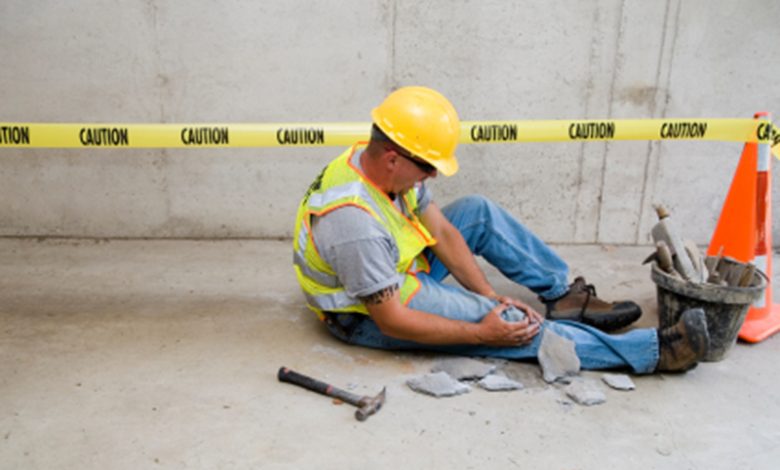
Where to find help and advice following an injury or accident
In the event of an injury or an accident, it can be difficult to know where to turn for help and advice.
Knowing which avenues are available to you during your recovery and rehabilitation means that you can focus on yourself and your health, rather than stressing about where you can go to get the help that you need. Your GP should be the first point of call, as they should be aware of all elements of your recovery and rehabilitation, and can give advice regarding your specific case.
There are a number of voluntary organisations which can provide support depending on the kind of injury that you have experienced. Many run helplines where you can find one-on-one support, as well as offering advice on practical matters such as financial support. These organisations often focus on one area of injury or accident, such as ‘Action against Medical Accidents’ or ‘Headway – The Brain Injury Association’. Others focus on one area of support, such as the Disabled Living Foundation, which provides information and advice about equipment available for people with disabilities.
If the injury or accident was not your fault, you may wish to claim for compensation from the guilty party in order to cover the costs of your recovery and rehabilitation, as well as to compensate for any financial losses suffered as a result of your injury – for example, if you have been unable to work, or have had to give up your job. To seek out specialist advice regarding your case, you should contact the Citizen’s Advice Bureau, who will be able to detail any official complaints procedures relevant to you, and signpost you to any other services that will be able to help you further.
Alternatively, you may wish to contact an injury lawyer, who will be able to review your case and advise you on the best steps to take. An organisation like the Association of Personal Injury Lawyers will be able to help you find the most appropriate lawyer or law firm to take on your case, and give you advice about funding the case. There are many options, including legal aid and ‘no win, no fee’ agreements, which can protect you from sky-high legal costs.
Some cases (such as those involving birth injuries) will require more specialised help and advice. Although you GP may be able to signpost you to services which will fit your needs if you have a child who has cerebral palsy, there are also a number of organisations who can support and give you advice throughout your child’s life. Charities like Scope run helplines for families affected by cerebral palsy, as well as providing support workers who can assist you. Other organisations that will be able to provide help and advice include the Child Brain Injury Trust and Action for Kids.
If you also feel that medical neglect was a factor in your child’s cerebral palsy, you may also want to talk to a solicitor specialising in cerebral palsy claims that will be knowledgable of the issues and sensitivity of a cerebral palsy case, and will be able to support you throughout the process of claiming compensation.
Check out…
• Facing fears and still changing the world.
• Accessing coaching to overcome barriers.
• Frustrations can inspire life-changing ideas.
Don’t forget to get in touch with us by emailing us at editor@disabilityhorizons.com, messaging us on Facebook, tweeting us @DHorizons or leaving your comments below.